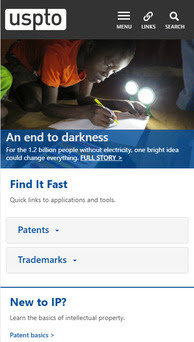[Kip Currier: Just lectured on Trade Secrets in my IP course yesterday. So it was timely to see this recent development after class.
The U.S. and E.U. have both beefed up trade secret protection and prosecution mechanisms in just the past two years: the U.S., with the Defend Trade Secrets Act of 2016, and the E.U., via its E.U. Trade Secrets Directive (EUTSD).]
"The Justice Department on Tuesday unsealed charges
against 10 Chinese spies, hackers and others accused of conspiring to
steal sensitive commercial airline and other secrets from U.S. and
European companies.
The indictment marks the
third time since September that the United States has brought charges
against Chinese intelligence officers and their recruits for stealing
American intellectual property.
“This is just
the beginning,” Assistant Attorney General John Demers said. “Together
with our federal partners, we will redouble our efforts to safeguard
America’s ingenuity and investment.”"


